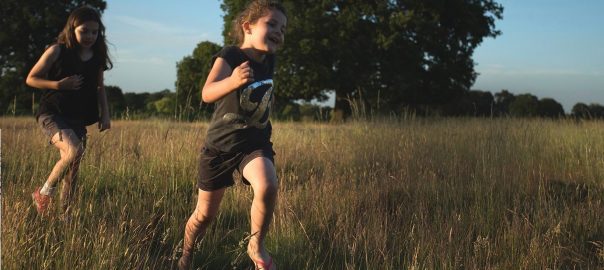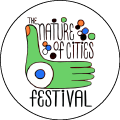10 February 2013
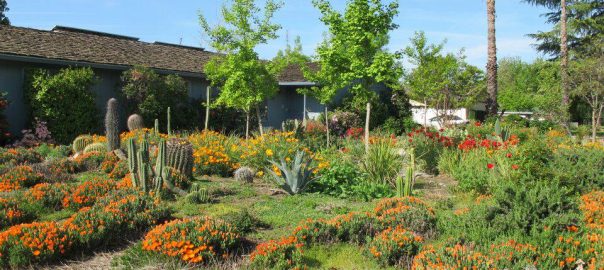
Out in the no longer so Wild West of America, a war is brewing. At the fringes of the great southwestern deserts, in the shadows of the high Sierra Nevada mountains, lies the great Central Valley of California, a primary battleground for this war — a war over water. The war...
6 February 2013
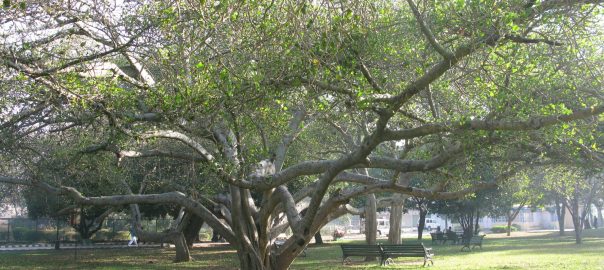
A predominantly rural country, India is rapidly urbanizing. Although only 30% of India’s population lives in cities now, this proportion is expected to increase to 50% in the next two decades. It is becoming increasingly important, therefore, to have a good understanding of the processes that shape ecology and conservation...
3 February 2013
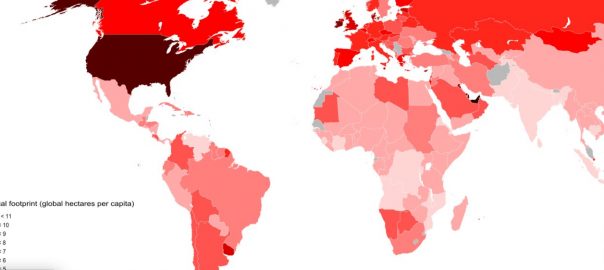
“Speed is irrelevant if you are going in the wrong direction” — M K Gandhi Will we have enough resources to consume and survive if 60% of the world’s population becomes urbanized by 2030? Are our cities self-sufficient entities? How are we going to satisfy the huge appetite of the...
30 January 2013

I blogged previously about the importance of integrating urban wildlife into our urban stories, poems, myths and culture in a piece entitled Souvlaki Coyote. Just as we integrate our built and natural environments, we must also repopulate our imaginations with images of wildlife that adhere to an urbanized context. This month...
27 January 2013
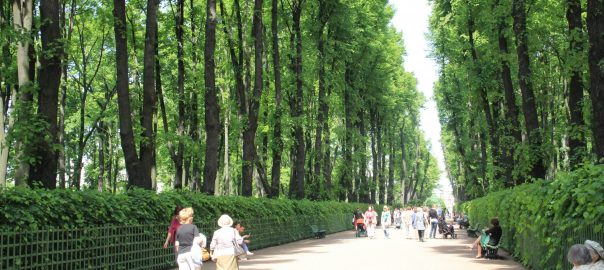
I was lucky to be born in St. Petersburg, Russia, the city of museums and parks. My first scientific passion was exactly historical imperial gardens. Traditionally gardens have been seen as very special places, as paradises where people can enjoy sounds of water and birds, can rest their eyes on...
22 January 2013
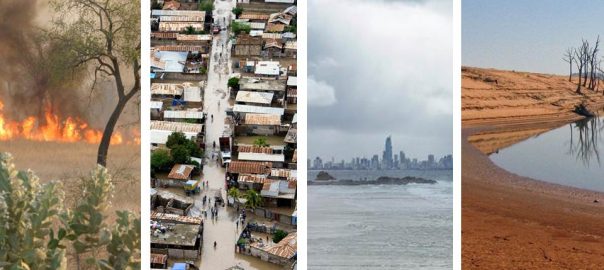
Cities face unprecedented challenges. Global environmental change is placing increasing pressure on ecosystem functions and their ability to support human activities. The exponential growth of human activities is a key driver of such change, so much so that Planet Earth has certainly entered a new Epoch—the Anthropocene, in which humans...
20 January 2013
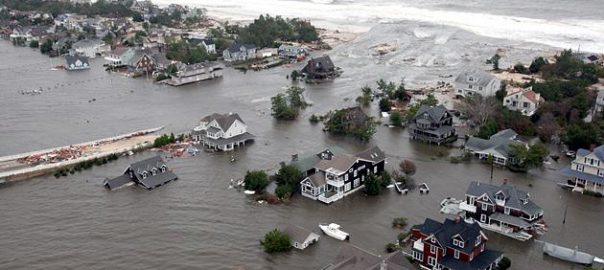
We had a “wicked problem” on our hands when Hurricane Sandy struck the US eastern seaboard on October 29th, 2012. Sandy was dramatic, destroying 72,000 homes, causing tens of billions of dollars in infrastructural damage, displacing thousands of residents (many of whom are still displaced), and completely disrupting one of...
16 January 2013
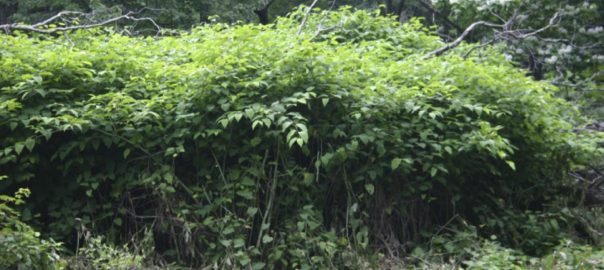
Cities are melting pots. I expect we understand this metaphor best as it relates to human beings. Cities around the world grow because people keep moving into them. People move from nearby rural areas, from other regions in the same country, or from around the world. When they arrive, they...
13 January 2013
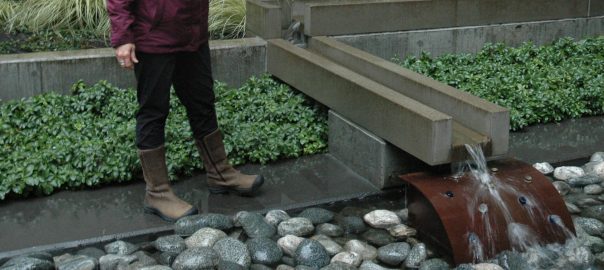
In recent presentations about green cities and green urbanism I often play for audiences several common natural sounds, to see whether they recognize what they are hearing. Here is one of the sounds I often play—something commonly heard in communities in the eastern US. Click here for a mystery nature...
9 January 2013
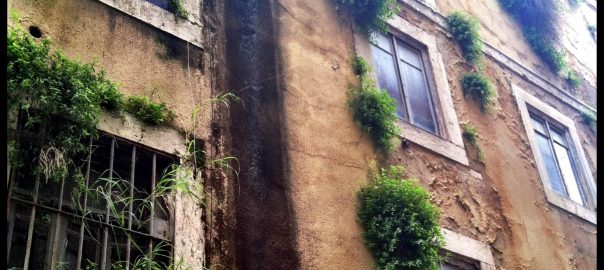
My second contribution to the Nature of Cities blog was scheduled to fall around that awkward moment at the start of the New Year when productivity is at its lowest ebb. Instead of sitting down to the task at my own snow-bound desk in upstate New York, I find myself...
6 January 2013
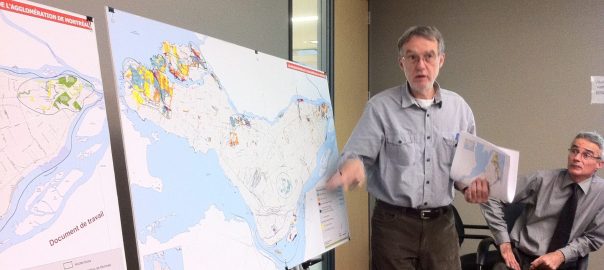
One hundred ninety two national governments and the EU have signed the Convention on Biological Diversity (CBD), pledging to work towards its three objectives (see here). In reality, much of the onus falls on local governments although, often, neither level is aware of this nor how it should take place....
2 January 2013
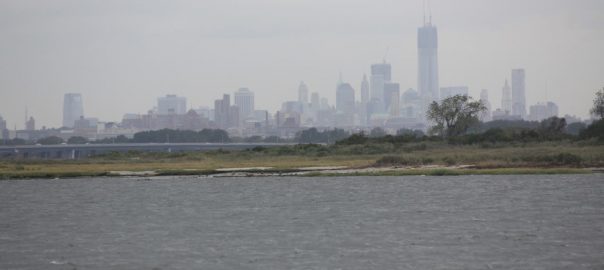
Like an ancient prophet, armed with forebodings of doom and destruction, Hurricane Sandy bore down on New York City in the early hours of 30 October, 2012. An extra-tropical cyclone, a thousand miles wide and armed with hurricane strength winds, Sandy was only eight days old. A fitful infant terrible,...
30 December 2012
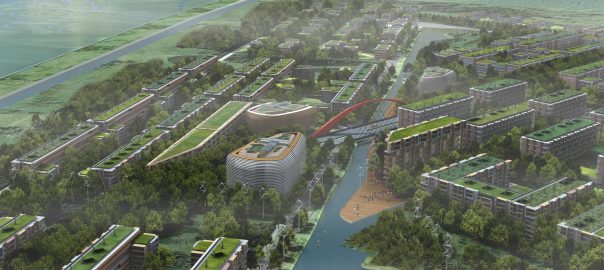
Cities are ecological spaces. But only relatively recently has this new vision of ecologically sophisticated cities gained momentum. Today, in increasing numbers, scientists, designers, and practitioners create useful knowledge about the nature of cities through study and research that can inspire public debate and decision makers. Thinkers imagine how to...
19 December 2012
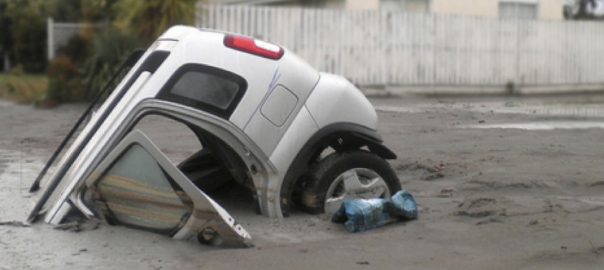
Environmental traumas are here. Global climate is a reality that is bringing extremes in weather as we have seen recently with the devastating impacts of Hurricane Sandy in the northeast of the USA. And in the last several years there have been massive earthquakes that have devastated cities in Japan,...
15 December 2012
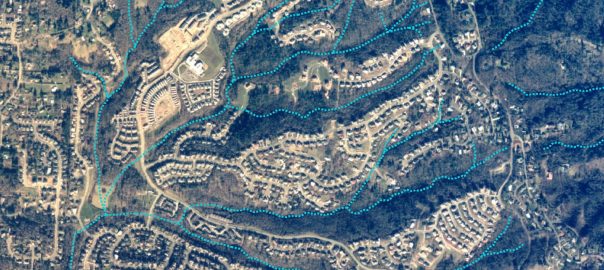
In his book Green Urbanism Tim Beatley touted Portland, Oregon as one example of progressive regional, bioregional, and metropolitan-scale greenspace planning in the U.S. It is true that the Portland metropolitan region is well known for its land use planning and sustainable practices. Portland itself has more LEED buildings than any...
12 December 2012
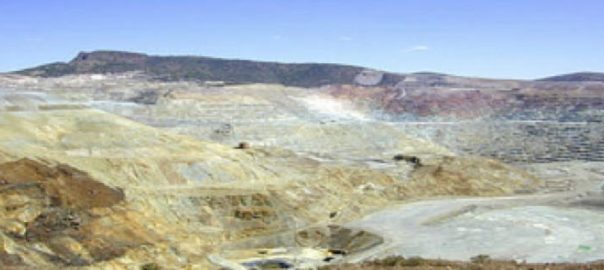
It is interesting that we think of nature in cities only as fauna and flora. Mineral nature—the rocks and inert resources—is the stage on which living nature is set. In cities, this means that the embedded nature all around us, that has been extracted from the Earth like the processed...
9 December 2012

In 2008 the London Natural History Society celebrated its 150th anniversary with a conference on ‘London’s Natural History: past, present and future’. I was asked to consider future prospects. What changes might we expect in London’s natural history in fifty year’s time, and what are the prospects for the Society?...
6 December 2012
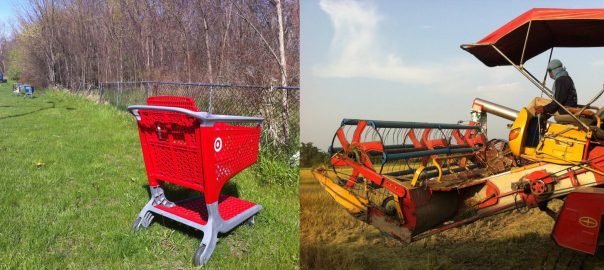
I left Springfield to study architecture in 1974, two years after passage of the Clean Water Act of 1972. The first watershed association in the U.S. was established the Connecticut River Watershed Council two years before my birth in 1956. I can measure my return to the Connecticut River Valley...
2 December 2012
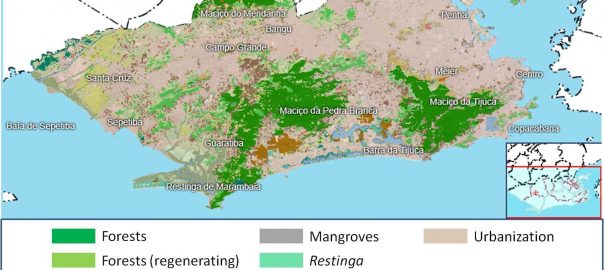
I have always thought – I am really lucky because I live in a city with rich biodiversity that still remains in patches spread in the hills and close to the ocean. In spite of other problems we have, being close to nature is a great asset that attracts countless...
28 November 2012
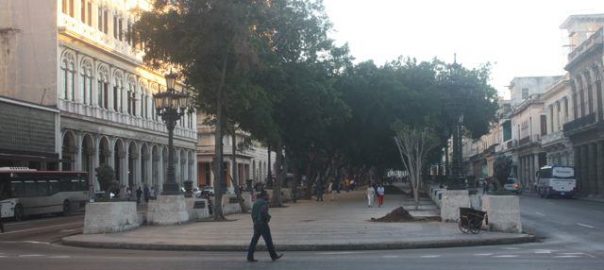
Who doesn’t love a list? The 100 richest people in the world. The best guitar players of all time. The most beautiful beaches in the world. The world’s “greenest cities”. The USA’s most livable cities. The most resilient cities. For people interested in the particular theme of the list, the lists...

